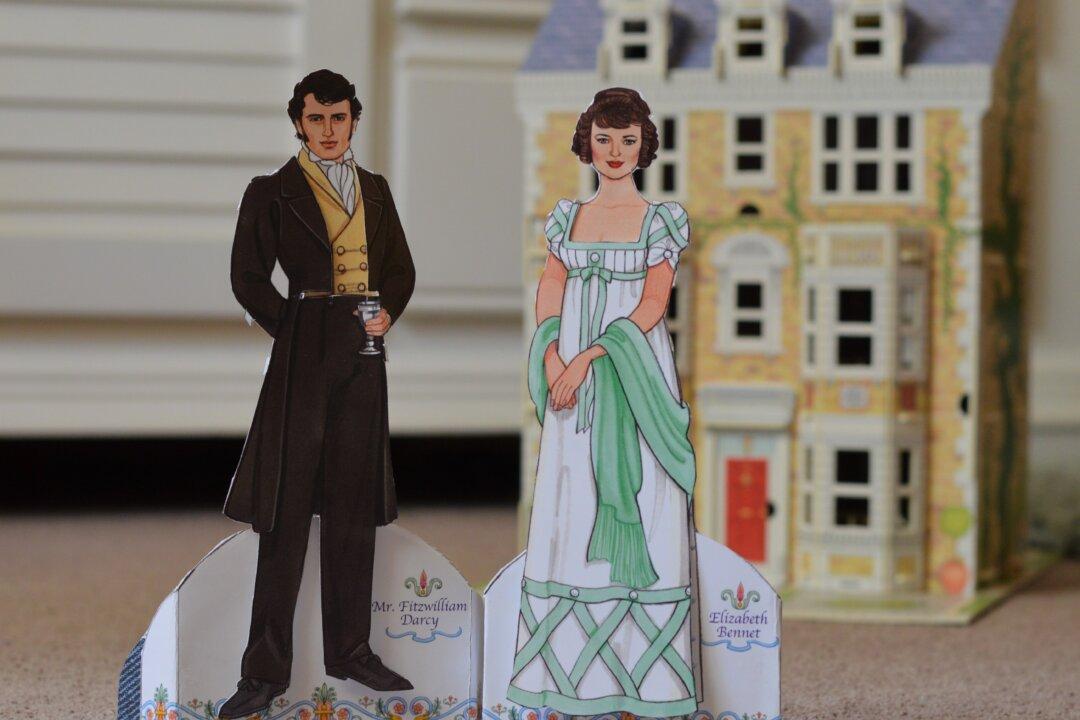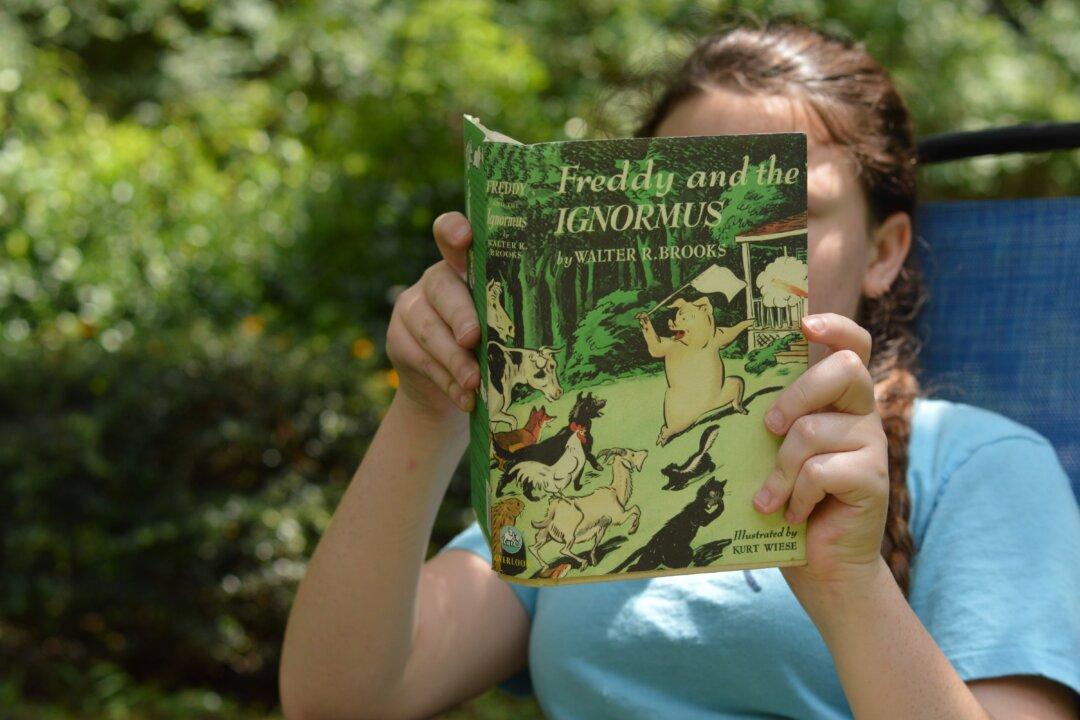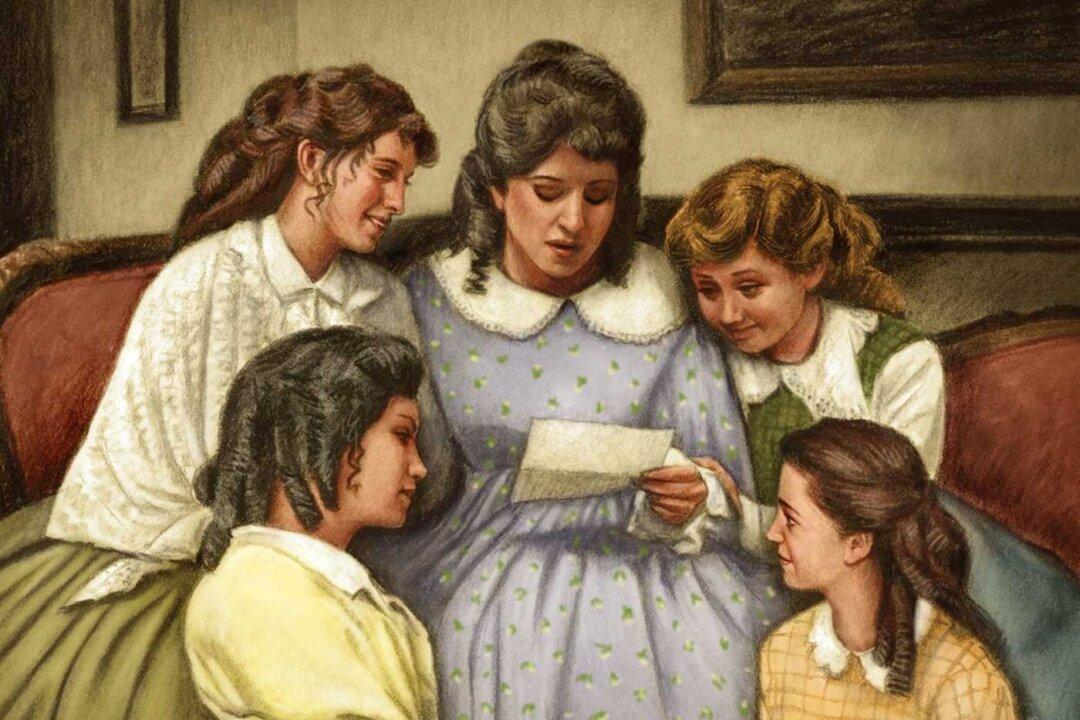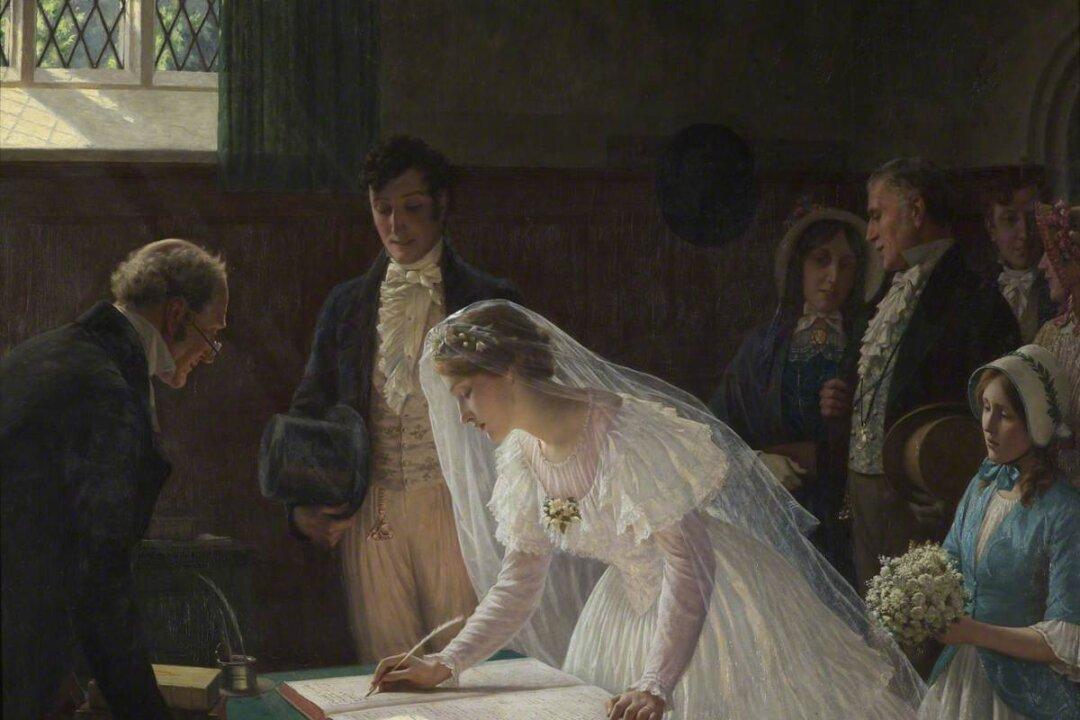I’d been reading Jane Austen’s “Pride and Prejudice” to my 10-year-old daughter. I admit I was immediately motivated by my desire to watch with her the BBC miniseries, for which the book was clearly written to produce one day.
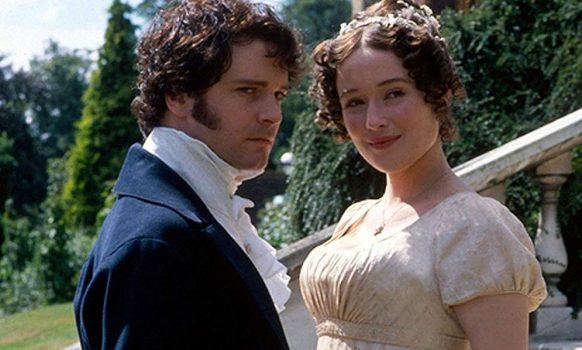
Colin Firth and Jennifer Ehle in the BBC miniseries “Pride and Prejudice.” 1995 BBC

